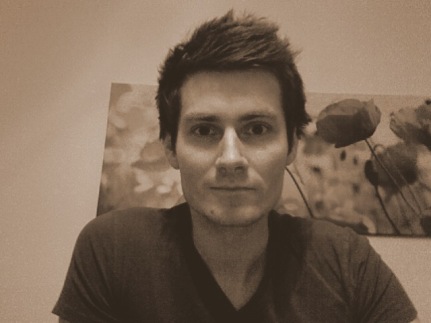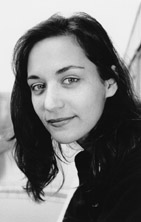|
Logical Pluralism Institute for Logic,
Language and Computation Department of
Philosophy |

 |
||||||
References J. Y. Béziau, ‘Universal Logic’. In T. Childers & O. Majer (eds), Logica'94 -- Proceedings of the 8th International Symposium, Philosophia, Prague, pp. 73-93. JC Beall and G. Restall, Logical Pluralism. OUP, 2006. S. Haack, Philosophy of Logics. Cambridge University Press, 2000. G. Priest, Doubt Truth
to Be a Liar. OUP, 2006 (ch. 12). G. Restall, 'Carnap's Tolerance, Meaning, and Logical Pluralism, Journal of Philosophy, 99(8): 426-443, 2002. |
|||||||
|
Description
of the content of the tutorial:
Up until the end of the 19th
century, logic was typically seen as the art and science of correct
reasoning, and in this sense it was not specific to any discipline or
subject-matter (i.e. logic was seen as topic-neutral); moreover, even
if there might have been competing systems, the general opinion was
that there should be only one true logic. True enough, at different
times the scope of logic went very much beyond correct reasoning in the
sense of drawing inferences strictly speaking: in the Latin medieval
period, for example, what we now call semantics and much of what we now
call epistemology also belonged to the realm of logic. Still, even
though there were different logical theories for different
applications, when it came to reasoning, syllogistic inference remained
the canon of correct reasoning for almost 2.500 years. A bit over a century later,
the status of logic as a discipline has changed dramatically: we now
have different logics, specially designed for certain situations,
topics or tasks – what one could describe as a situation of ‘logical
plurality’ – and the idea that there is only one correct way of
reasoning and thus only one correct logic is no longer unanimously
accepted – what is now referred to as the position of 'logical
pluralism'. In this context, a universal logic seems to be a welcome
development: it should allow for the comparison between systems, and
for the arbitration of the disputes between competing systems. However,
this contemporary plethora gives rise to certain philosophical
questions concerning logical pluralism and universality, in particular
the kind of universality claimed by universal logic. The tutorial will
look at logical pluralism against the background of the history of
logic, and tie it to the recent debate started by Beall and Restall's
book Logical Pluralism (2006, OUP). We will then look at a
number of reactions to logical pluralism in the literature, and try to
connect some of the questions to the project of Universal Logic. Session (1) The Emergence of
Logical Plurality and Logical Pluralism Session (2) Contemporary
Logical Pluralism |
|||||||